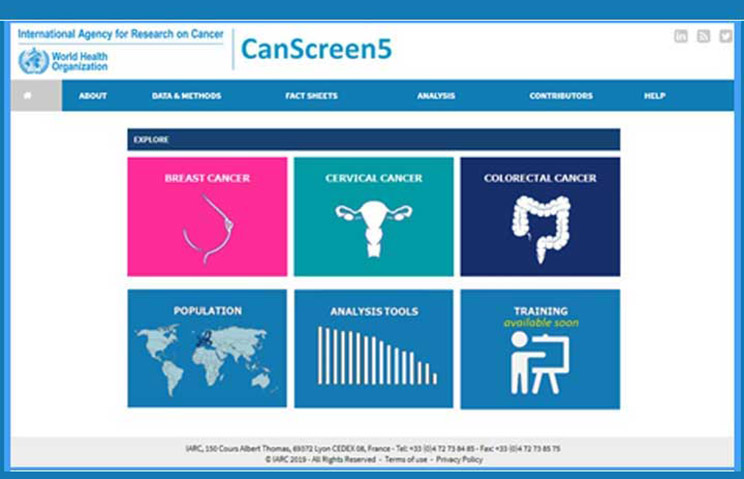More
12 January 2018
Beta HPV38 oncoproteins act with a hit-and-run mechanism in ultraviolet radiation-induced skin carcinogenesis in mice
Cutaneous beta human papillomavirus (HPV) types are suspected to be involved, together with ultraviolet (UV) radiation, in the development of non-melanoma skin cancer, the most common form of human cancer. A new study by researchers from the International Agency for Research on Cancer (IARC) and the German Cancer Research Center (DKFZ), published today in PLoS Pathogens, used a transgenic mouse model in which the expression of beta HPV38 oncogenes can be modulated in the skin. Their findings support the concept that beta HPV types act only at an initial stage of carcinogenesis, by potentiating the deleterious effects of UV radiation.
Viarisio D, Müller-Decker K, Accardi R, Robitaille A, Dürst M, Beer K, et al.
Beta HPV38 oncoproteins act with a hit-and-run mechanism in ultraviolet radiation-induced skin carcinogenesis in mice
PLoS Pathog, Published online 11 January 2018
http://dx.doi.org/10.1371/journal.ppat.1006783
Other news

Geographic variation of mutagenic exposures in kidney cancer genomes
Scientists from the International Agency for Research on Cancer (IARC) and partner institutions h...
02.05.2024
Read more

IARC Monographs Volume 134: Aspartame monograph now available
The monograph on aspartame, the first monograph in IARC Monographs Volume 134: Aspartame, Methyle...
29.04.2024
Read more

Launch of CanScreen5 training in francophone African countries
The International Agency for Research on Cancer (IARC) is pleased to announce the launch of the C...
29.04.2024
Read more